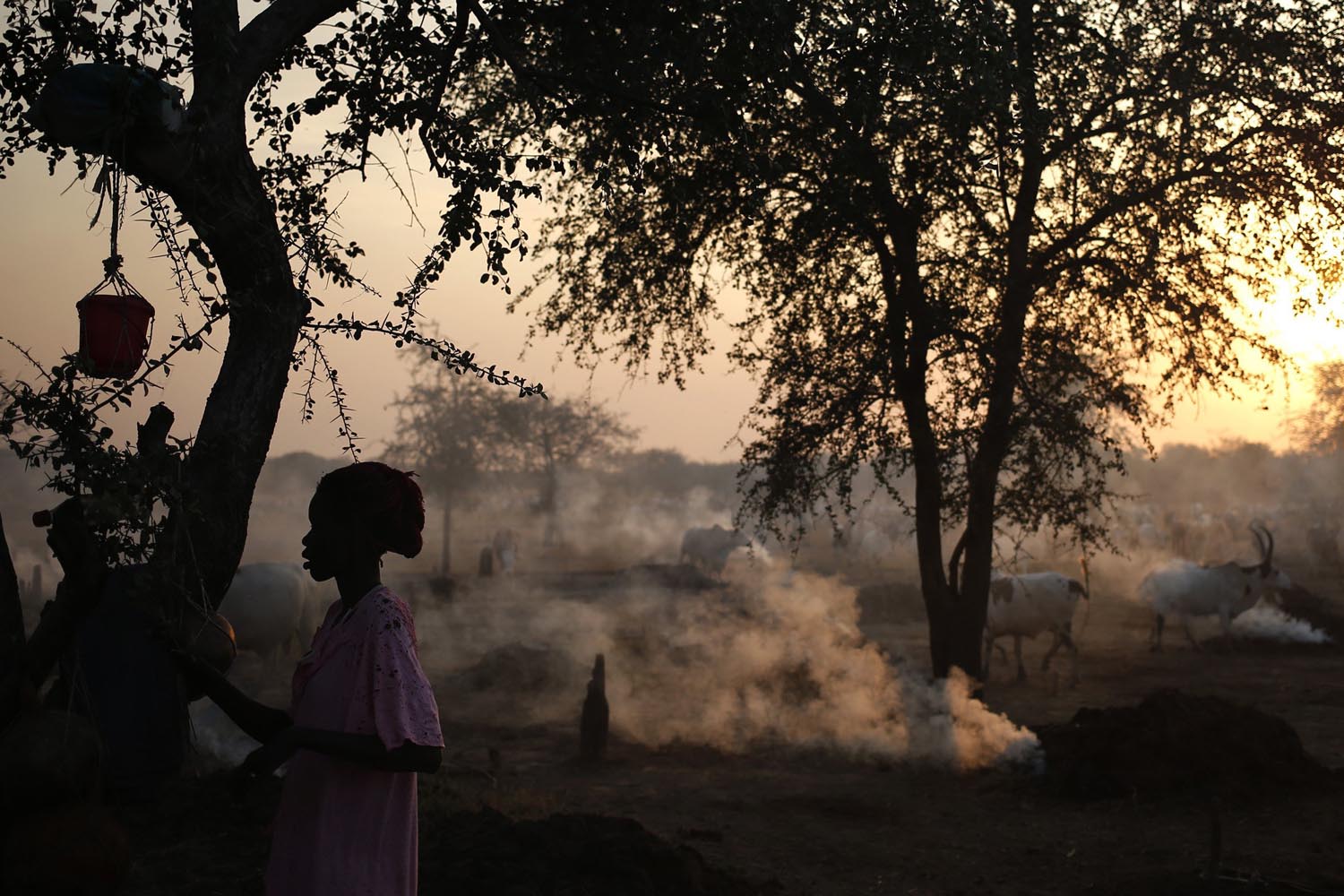
“This seems almost certain to become an open conflict,” says Reuters photographer Goran Tomasevic, who arrived in South Sudan late last week in anticipation of a highly contentious referendum over the future of Abyei, a region left unclaimed in 2011 when the world’s newest nation declared it’s independence from Sudan.
The results were announced today revealing a unanimous, one-sided vote with a turnout of 65,000 — 99.9% coming from the Dinka Ngok cattle-herding tribe, the permanent settlers of Abyei, in favor of joining the largely-Christian South Sudan, according to Reuters.
The Misseriya, heavily-armed, pro-Sudan nomads that drive their cattle through the region, unanimously disputed the legitimacy of the United Nations and African Union-backed referendum which has been years in the making and have abstained from the vote altogether.
“Both sides are talking of wanting peace, but also warning that they will not accept anything that threatens their own claims over the land,” Tomasevic tells TIME. “At this stage the tension is more rhetorical than military. But, it’s hard to see how it can be resolved without a fight.”
There is less international presence and press attention this time, he says, than there was in 2011 with the birth of the new nation. “This is a time-consuming, difficult place to cover. It takes a lot of effort to get here and to live — we are in tents with only limited supplies of food and water.”
Among the first things he photographed when he hit the ground was a church destroyed in previous conflicts by air strikes. “That’s typical of the town here,” he says. “Almost every building is either damaged or destroyed by fighting and people have been forced to take shelter in these derelict building.”
Currently, the U.N. has a 5,000-strong peacekeeping force deployed in the region to monitor tensions between residents and nomads. The referendum, according to the U.N. Security Council, is officially a non-binding vote, “a big political experiment,” and largely symbolic gesture stating the will of the Ngok Dinka.
“I’m looking for images that help show both the desperate situation here, but also the incredible sense of hope and optimism that the referendum is bringing,” Tomasevic says. “People are quite joyful — most of the Ngok Dinka native to Abyei have been living in exile for years and see this referendum as their opportunity to come home, to liberate themselves and determine their own political future.”
Goran Tomasevic is currently Reuters’ chief photographer for East Africa based in Nairobi, Kenya. In 2003 and 2005, he won the Reuters Photographer of the Year award.
Eugene Reznik is a Brooklyn-based photographer and writer. Follow him on Twitter @eugene_reznik.
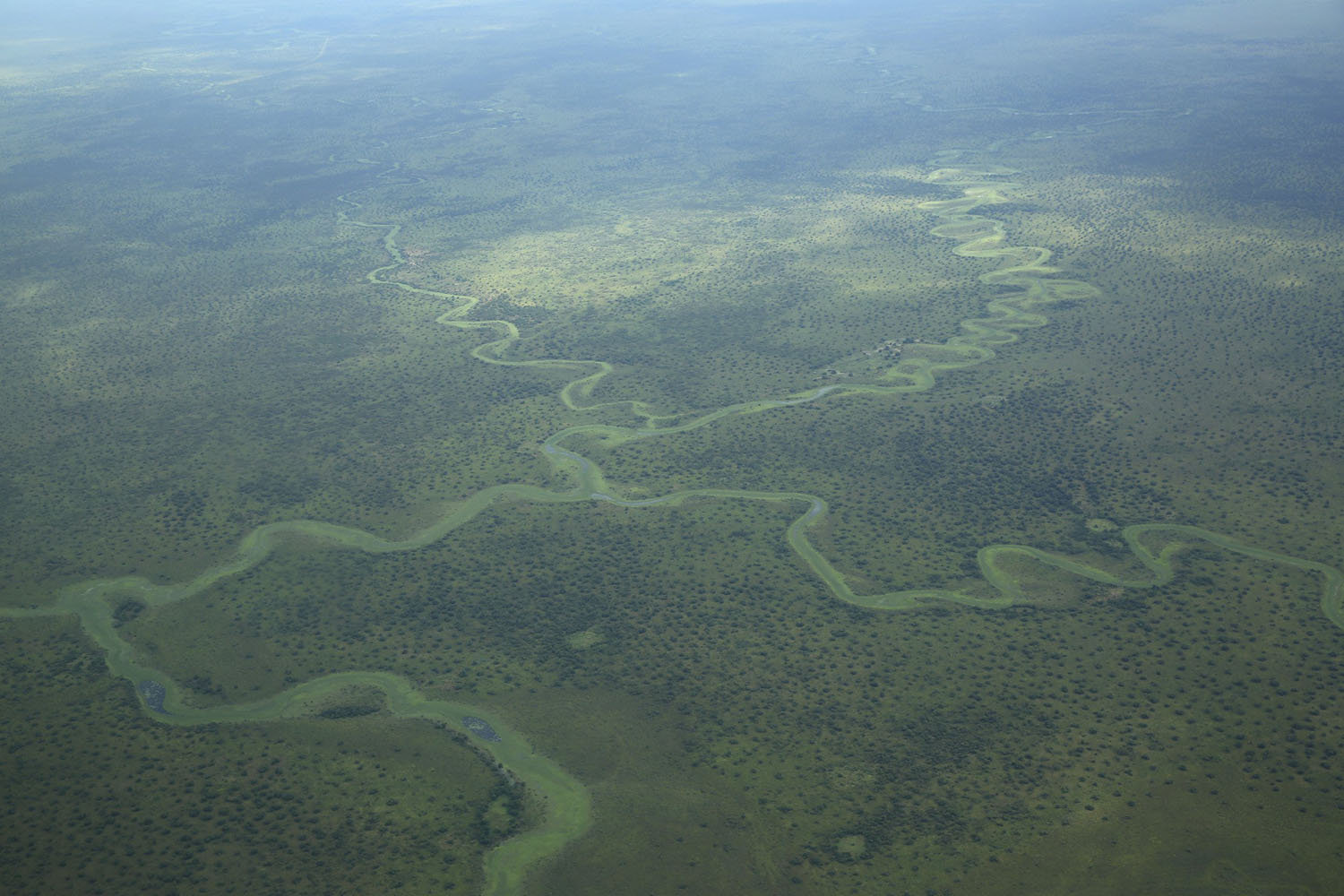

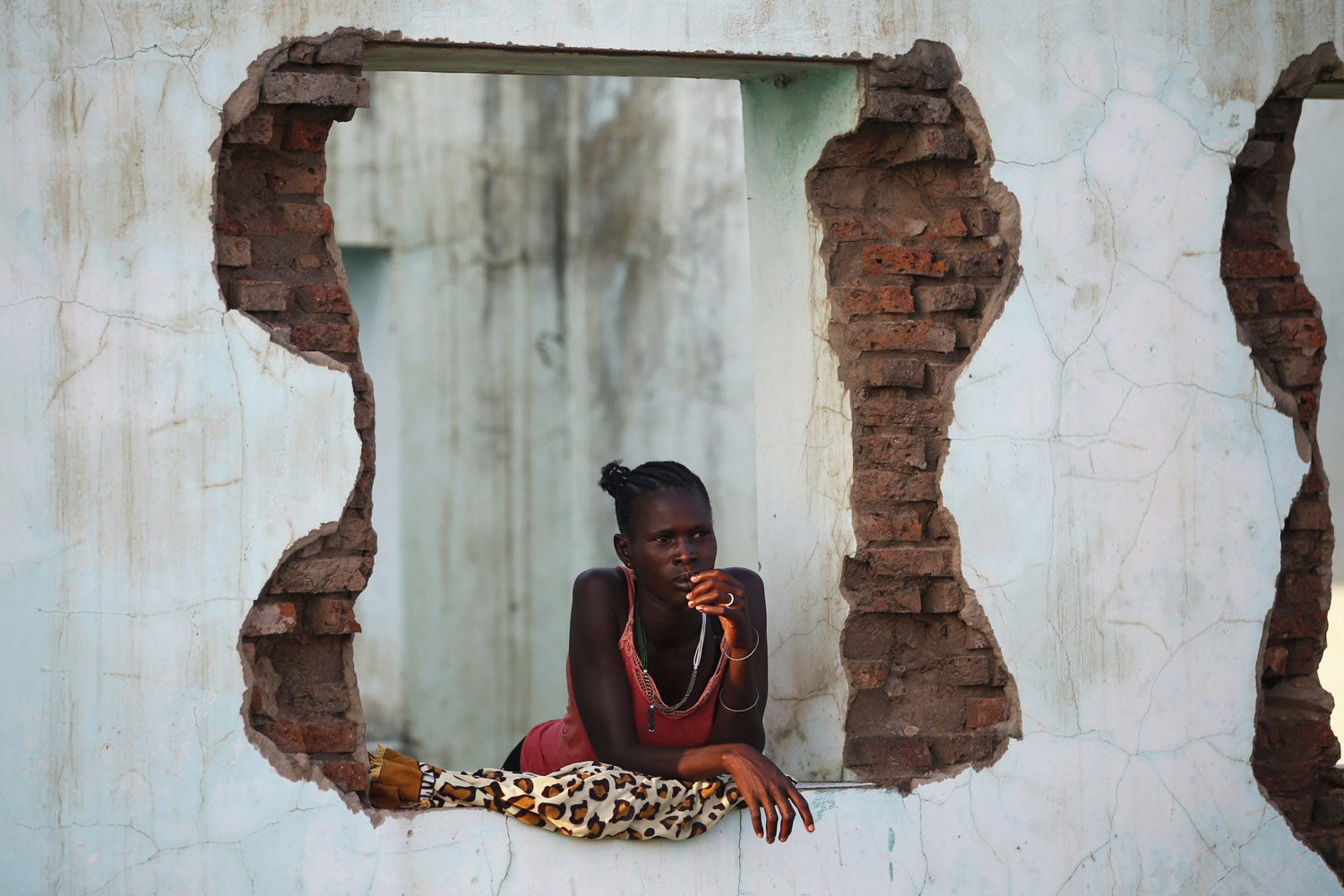
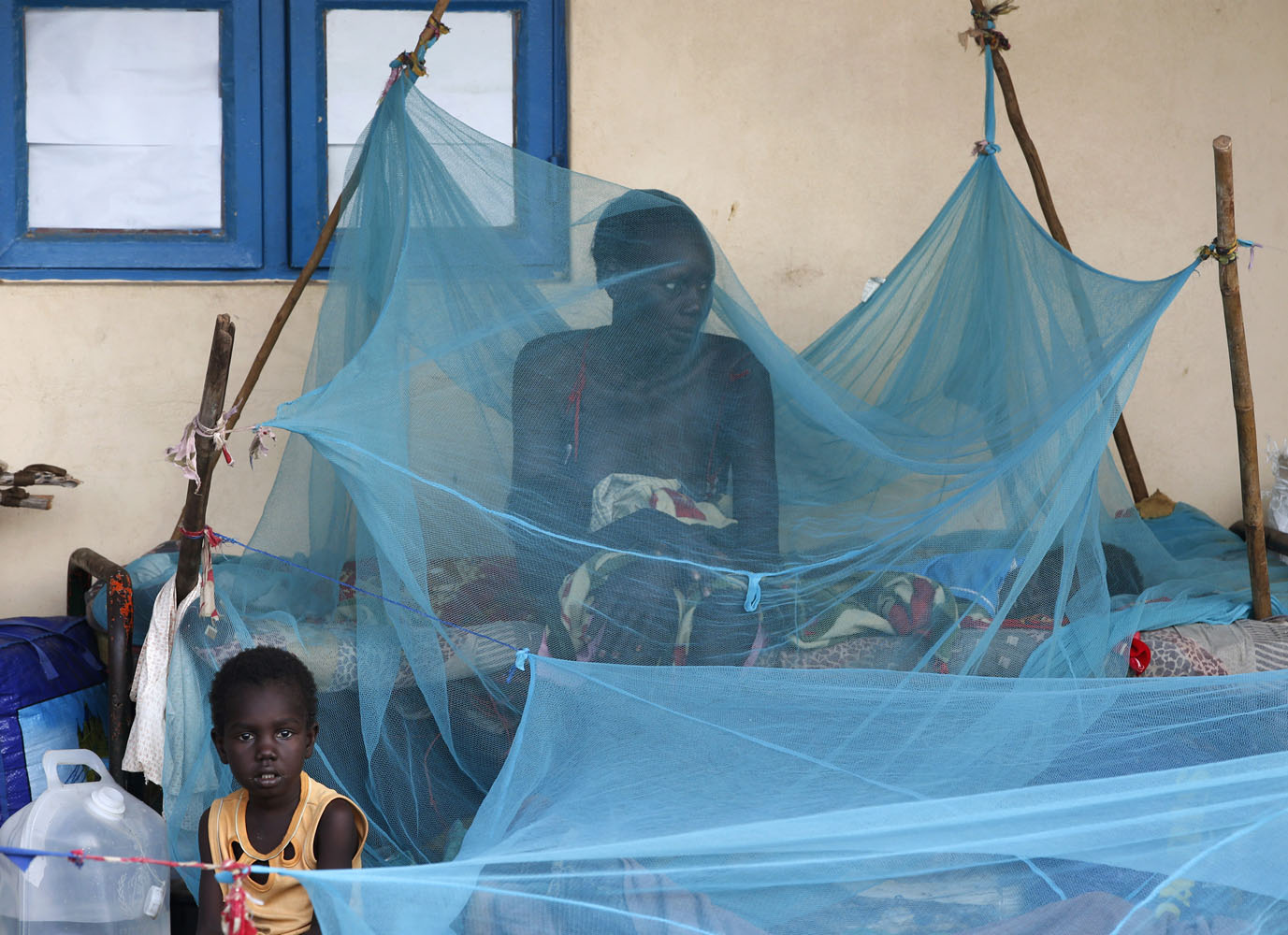
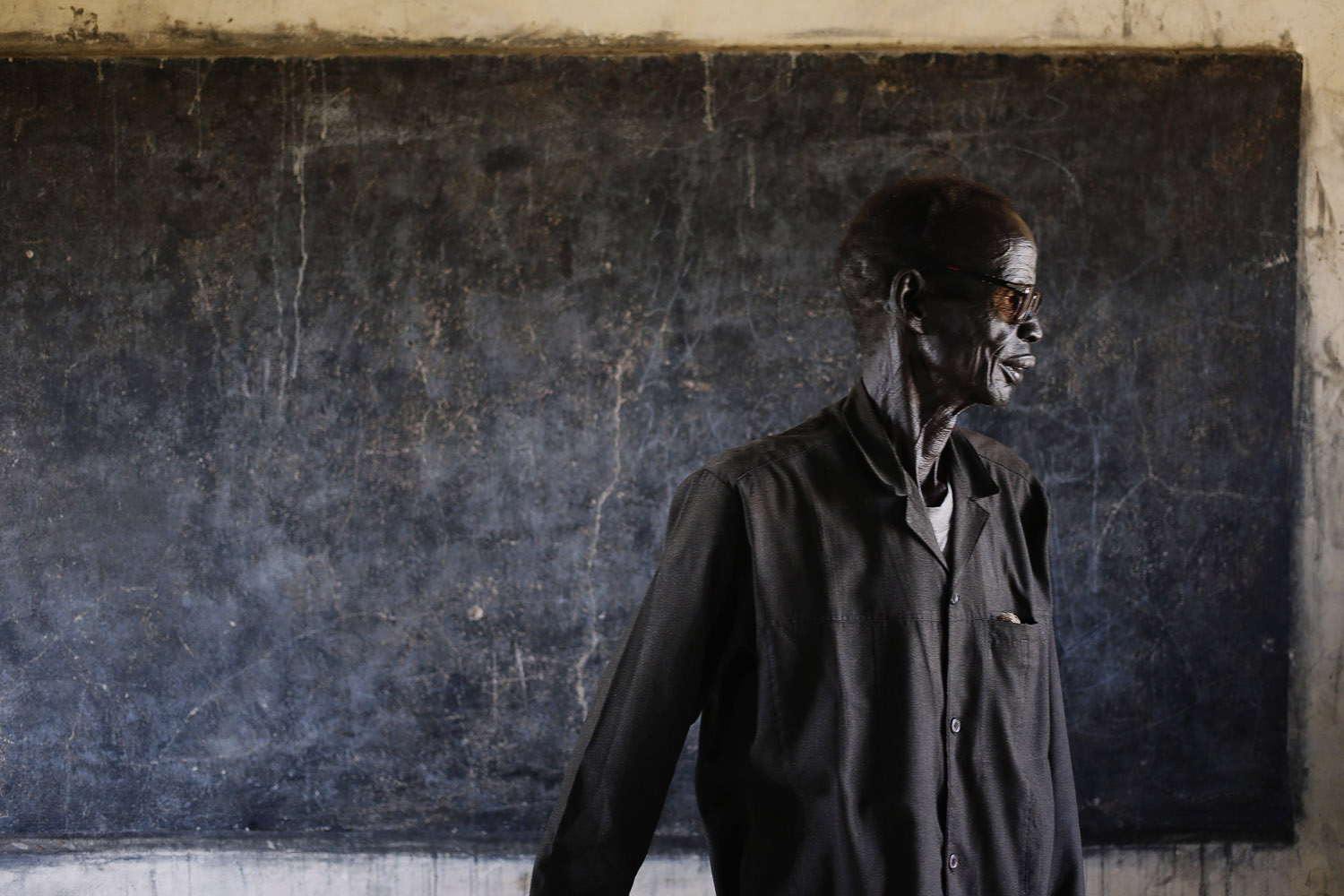
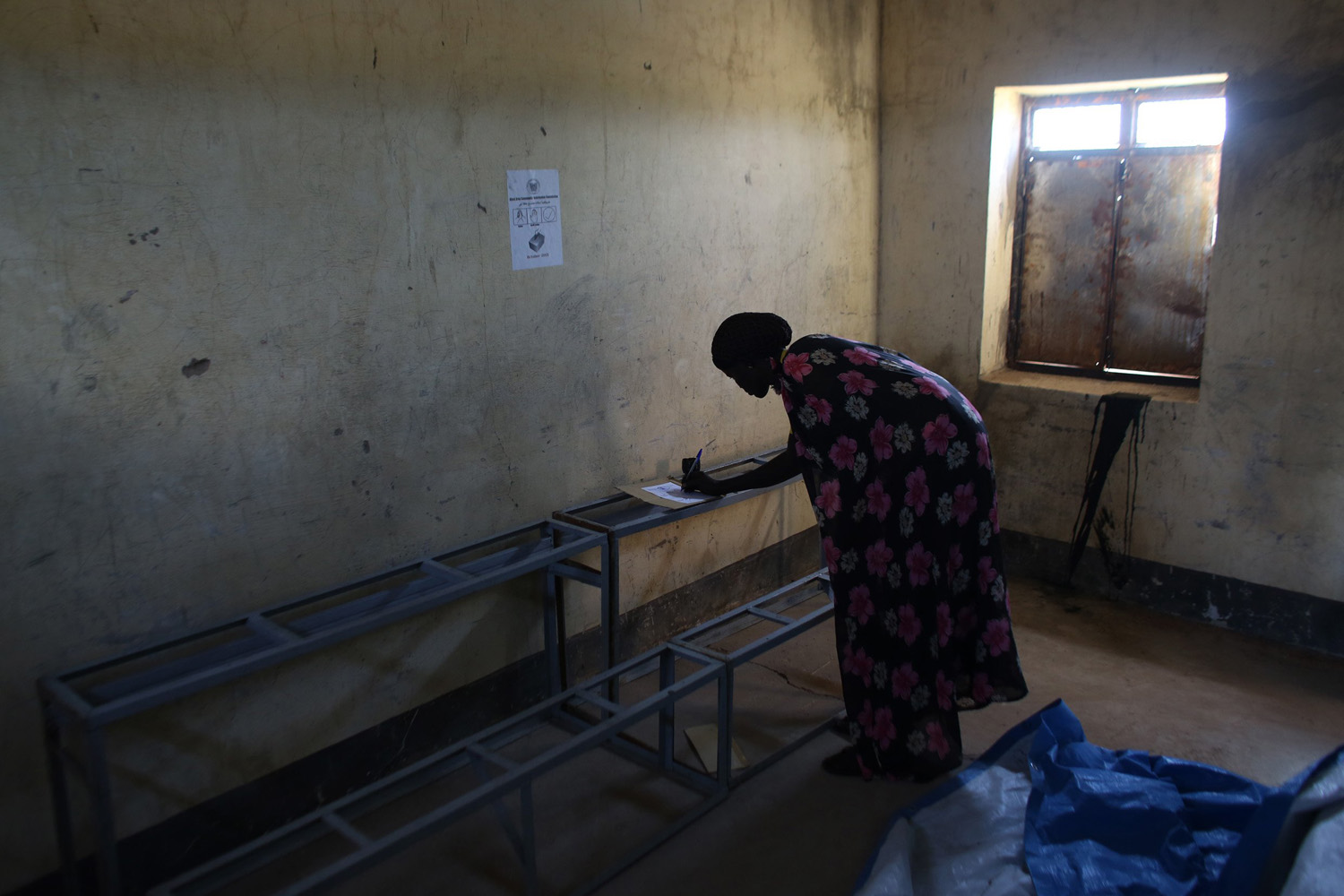
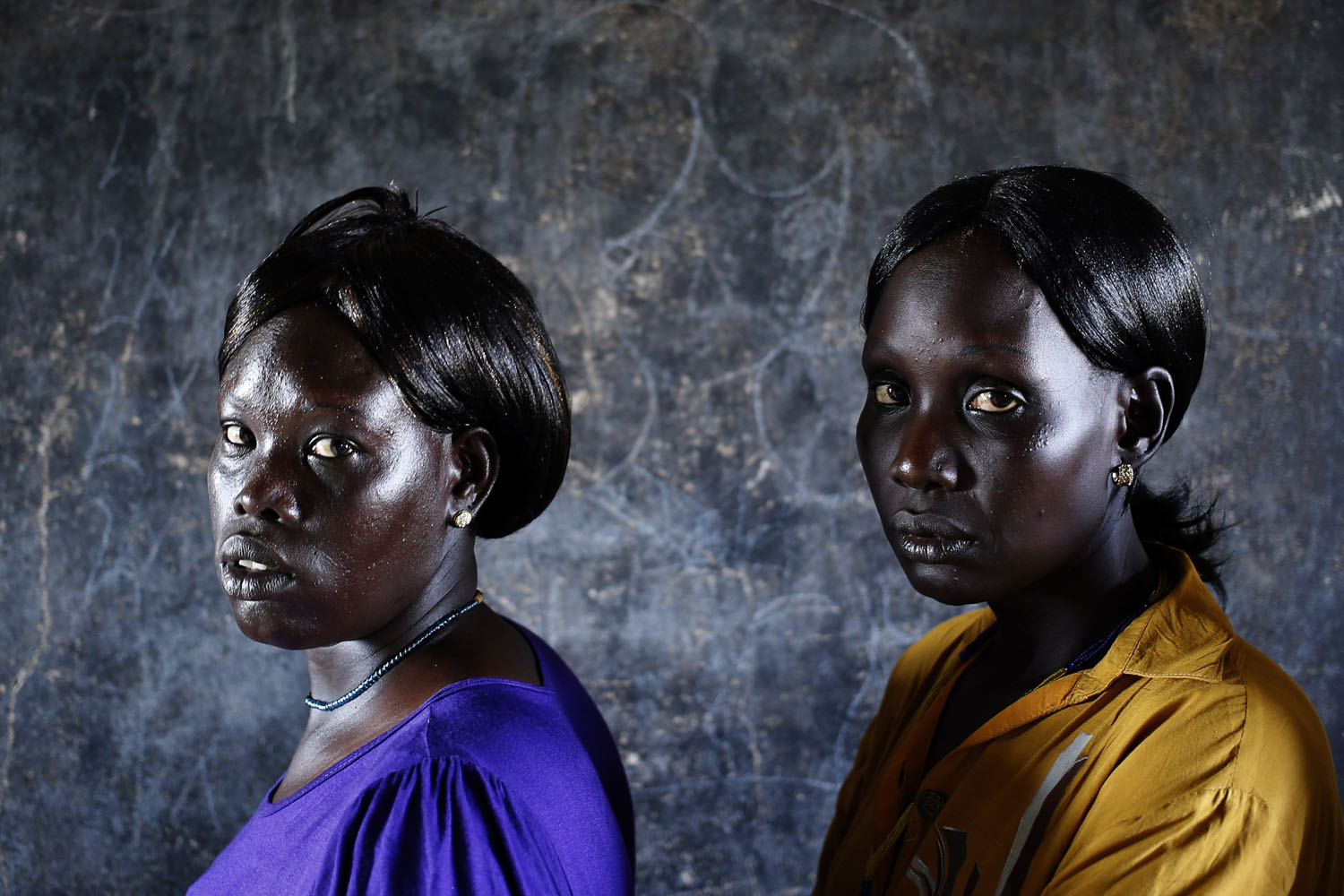
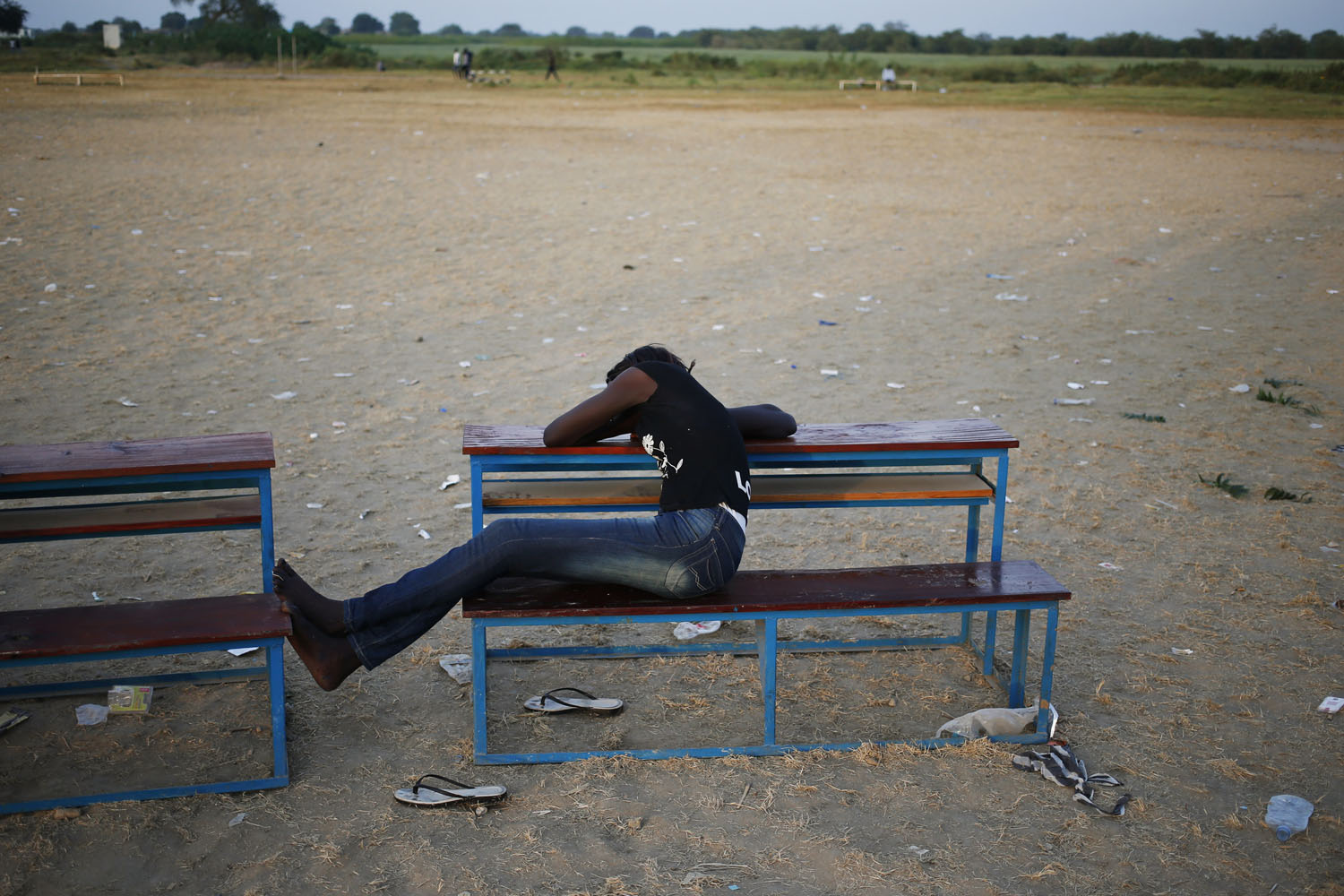
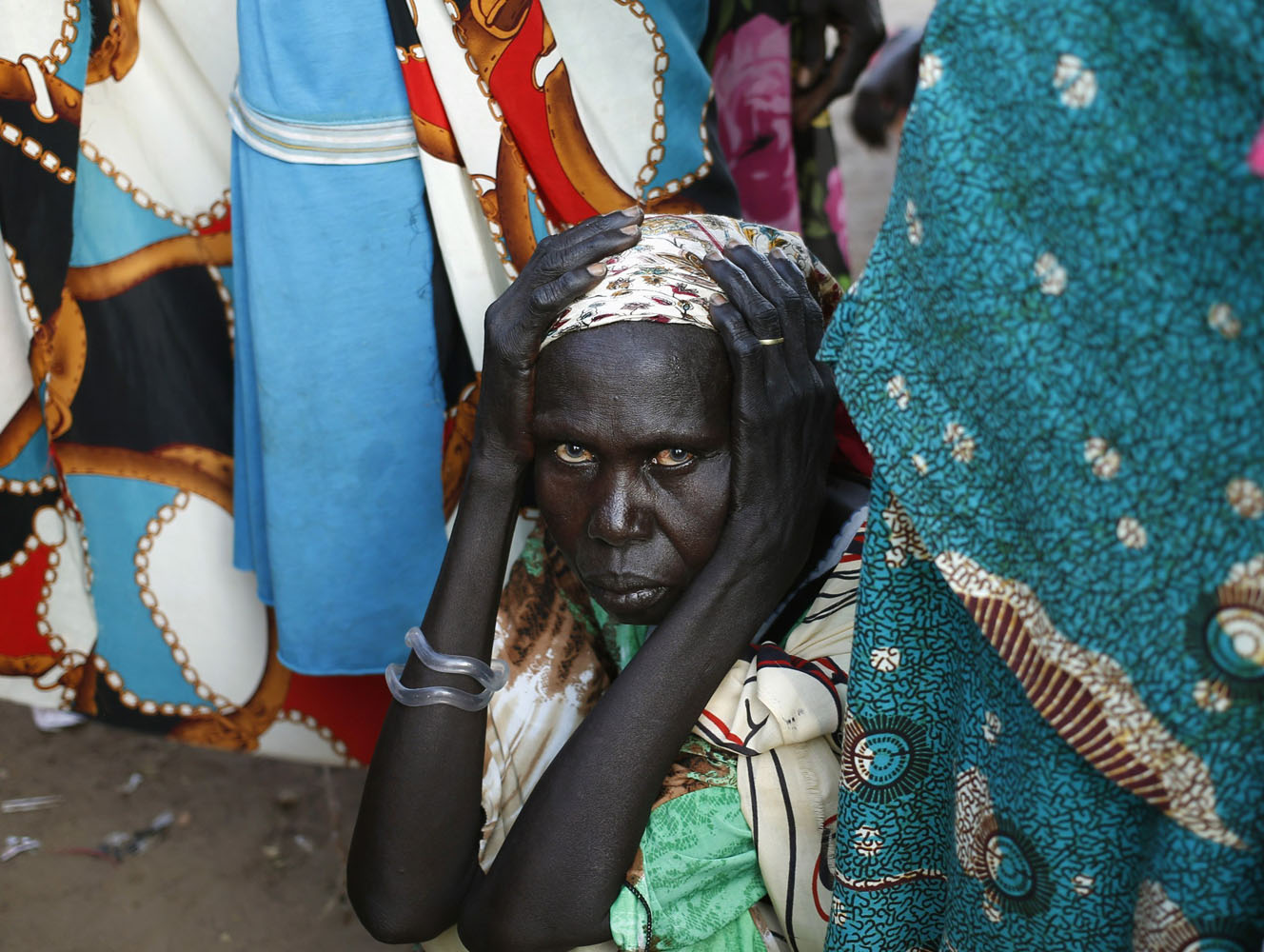
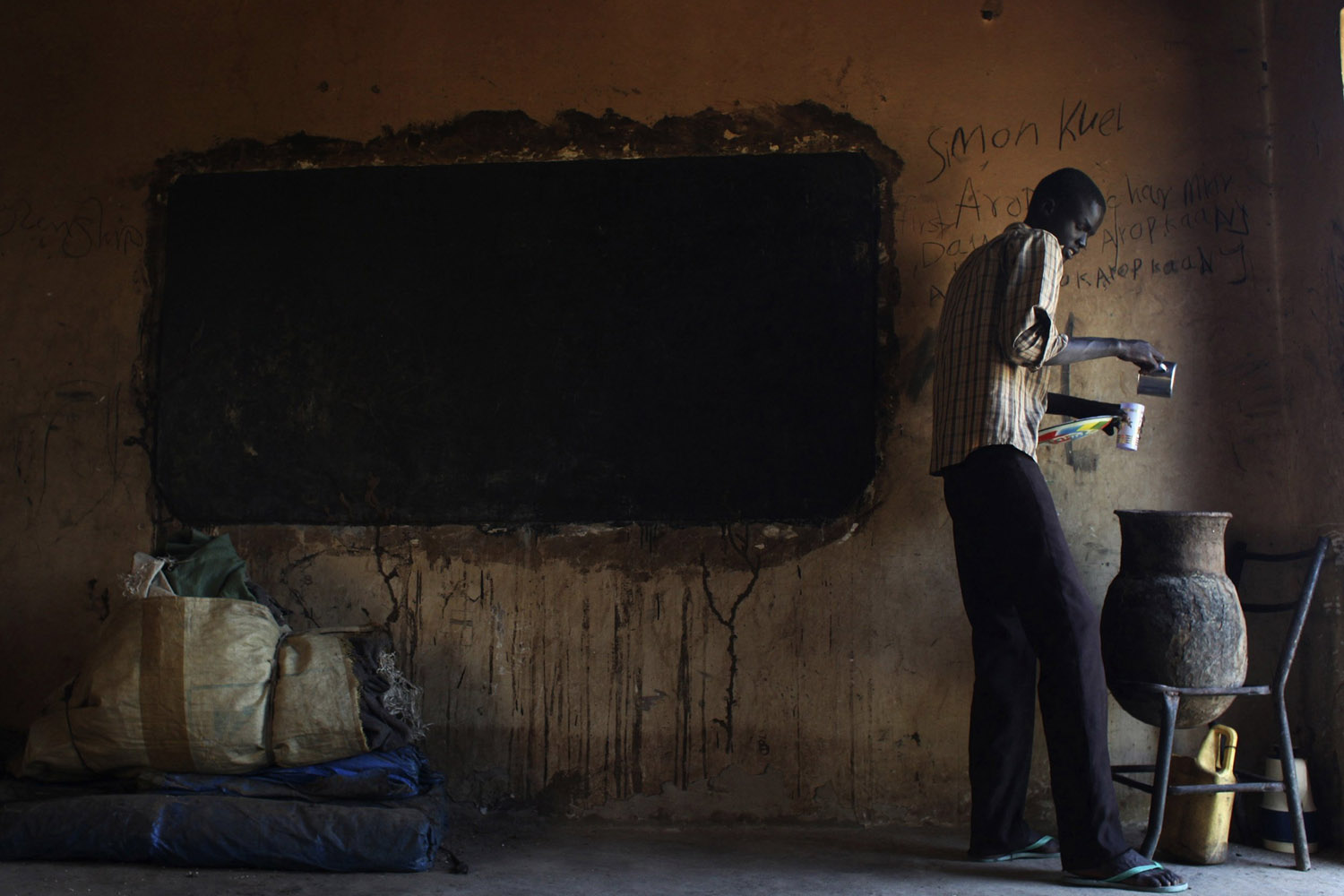
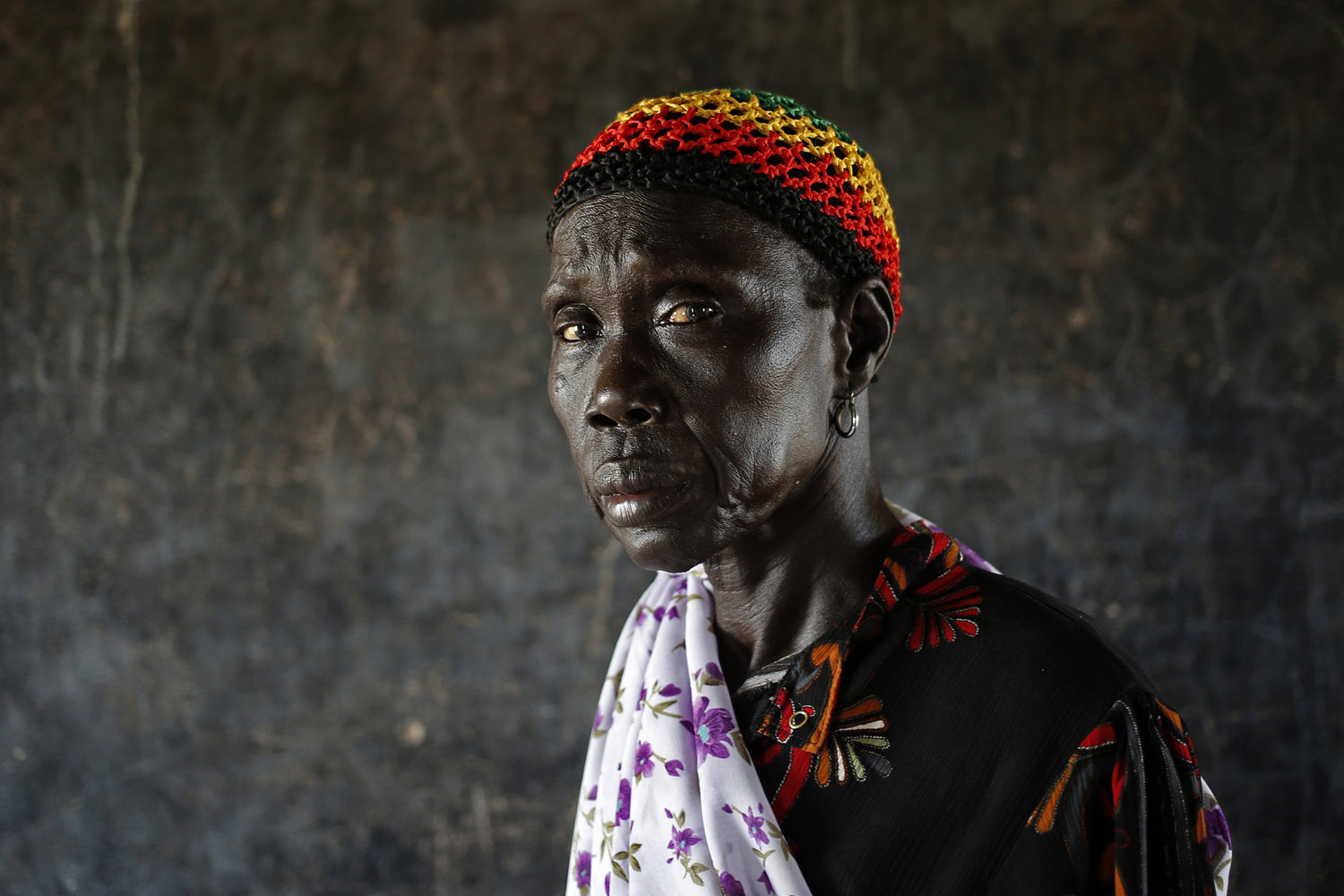
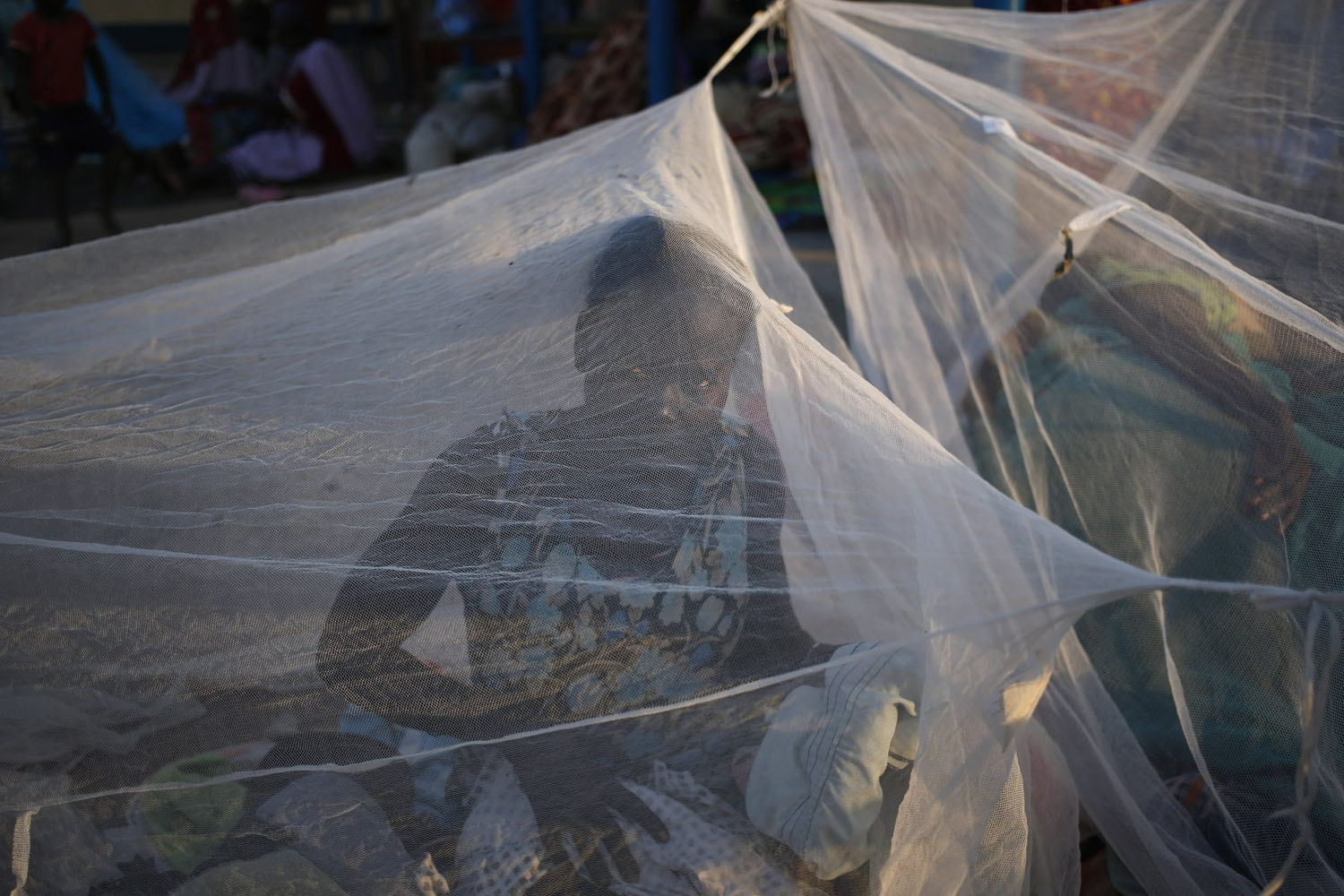
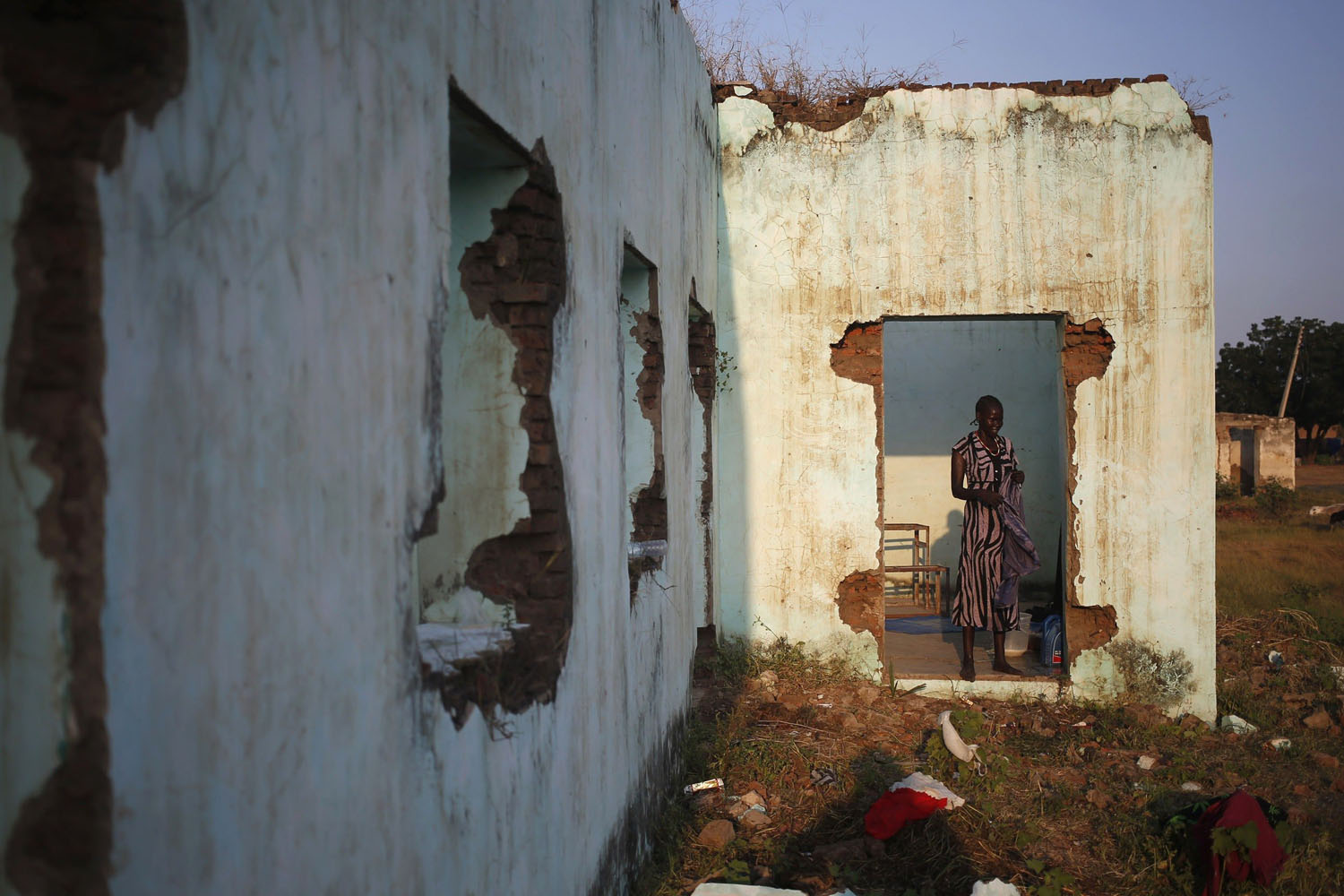
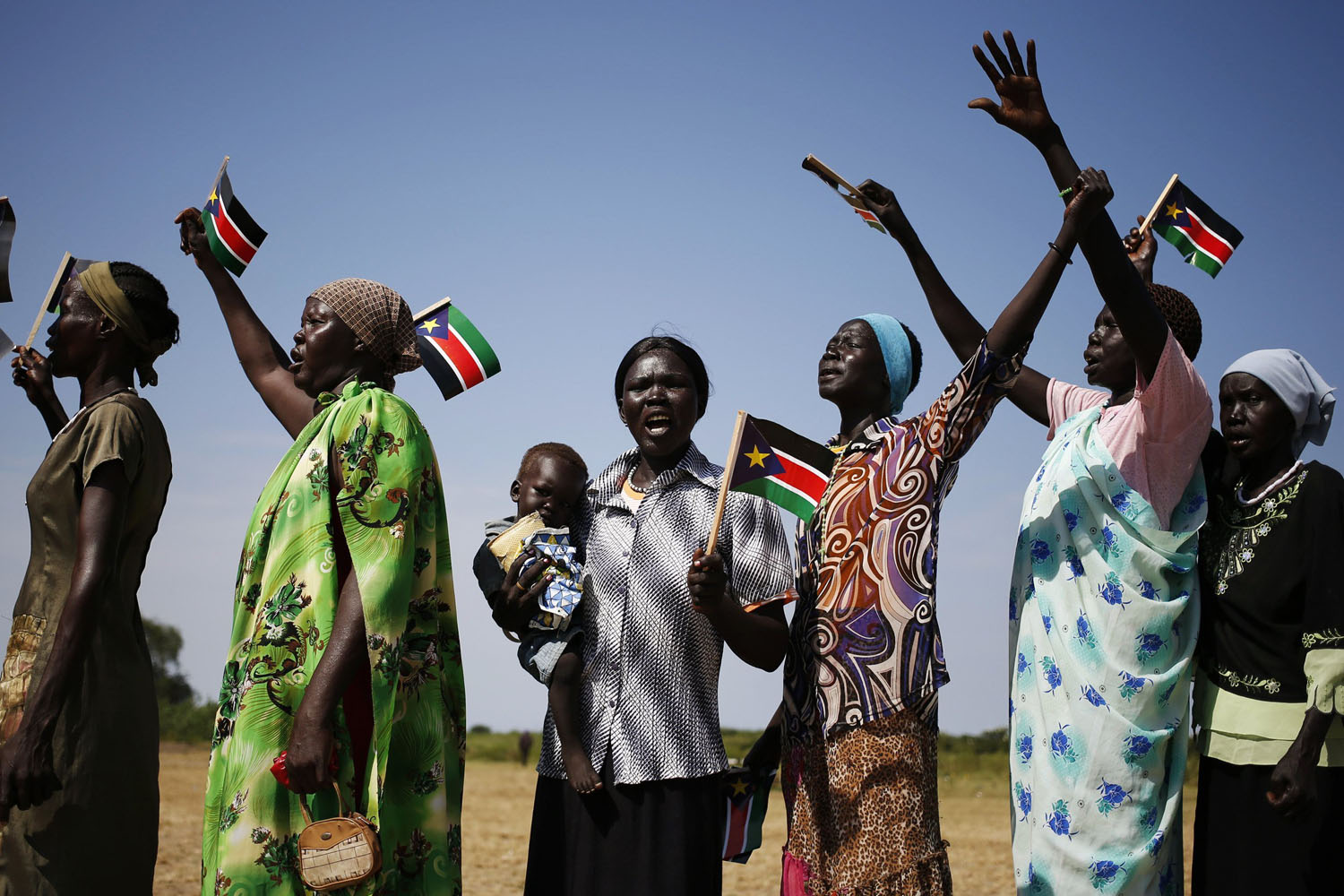
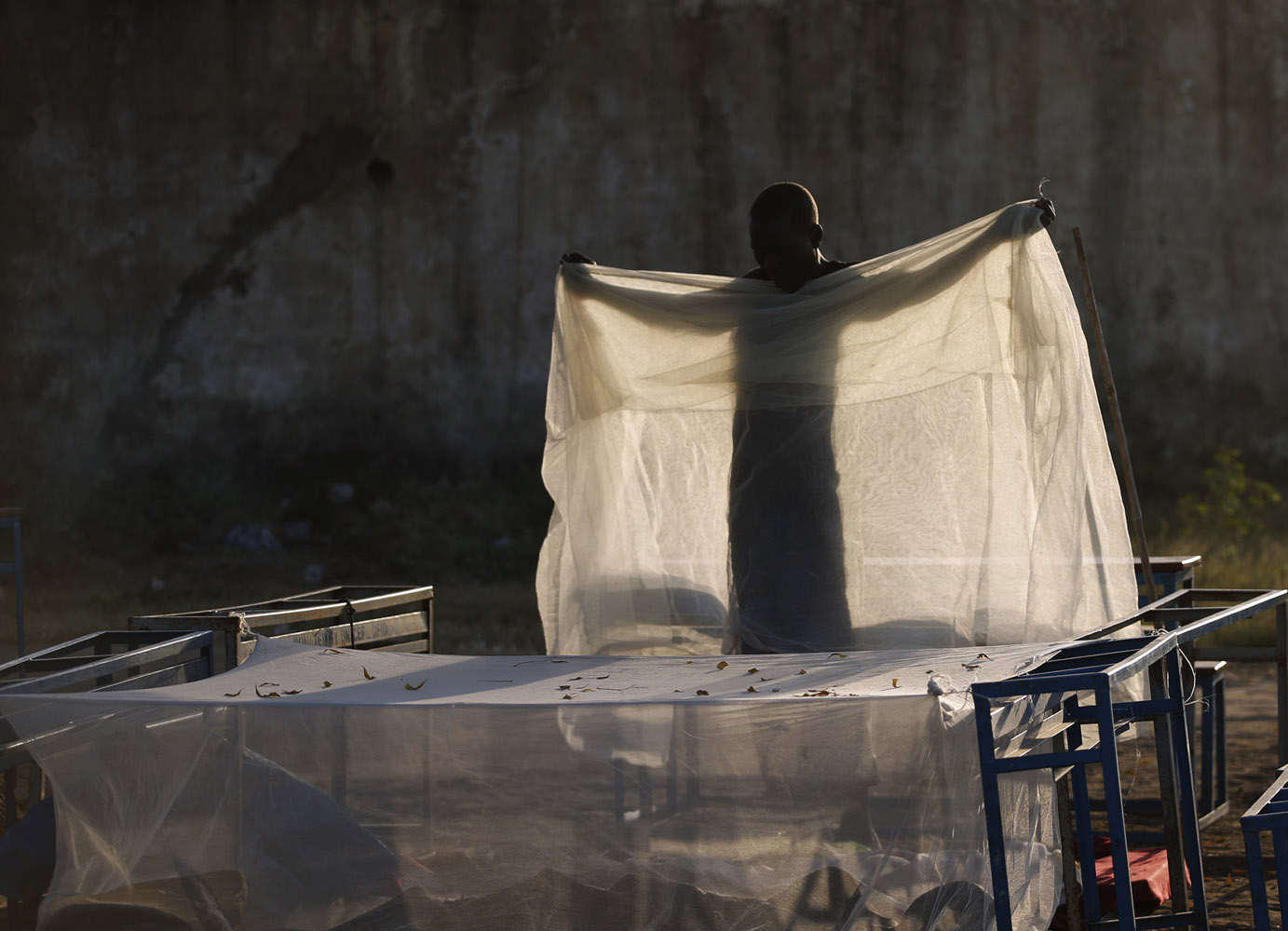
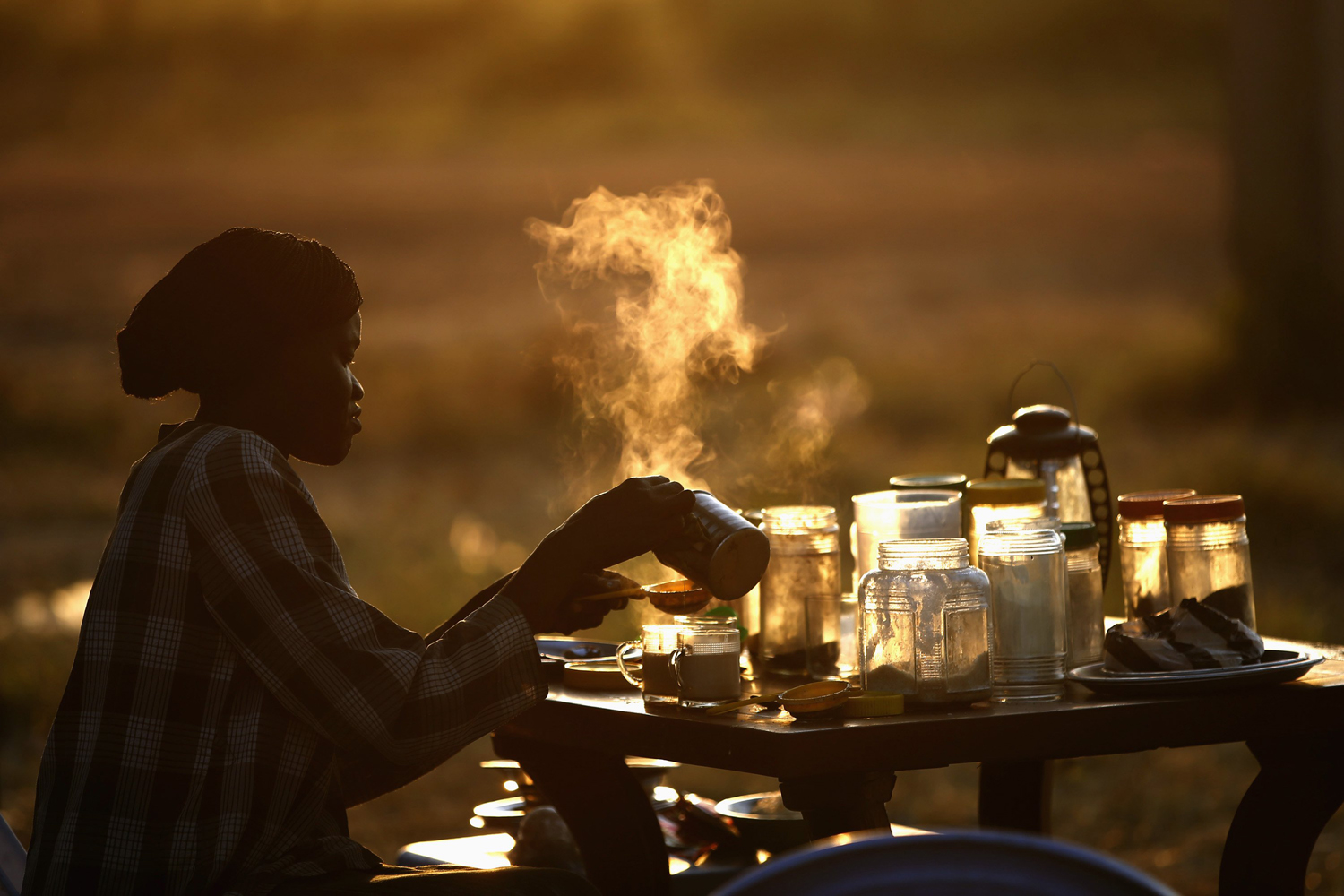
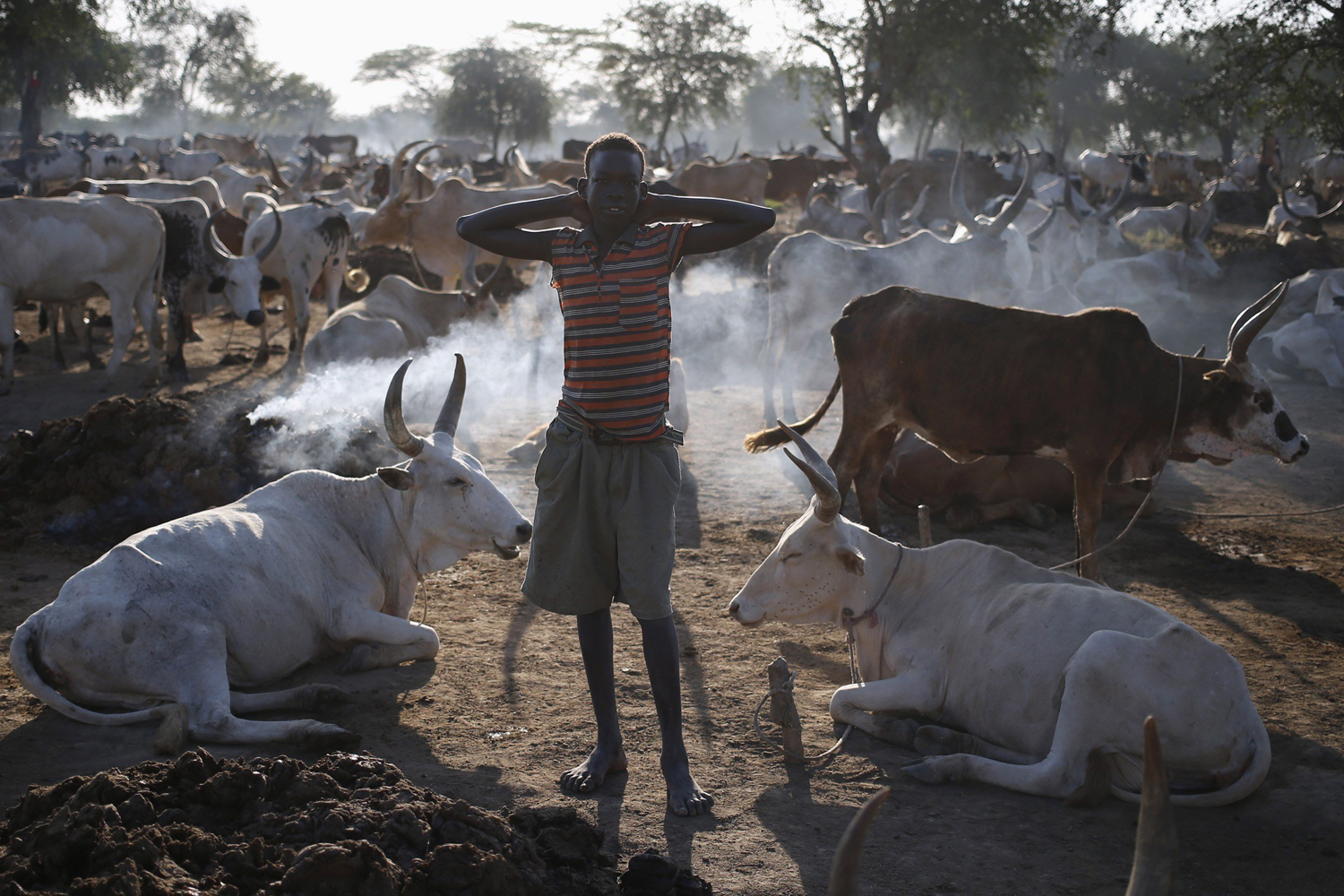
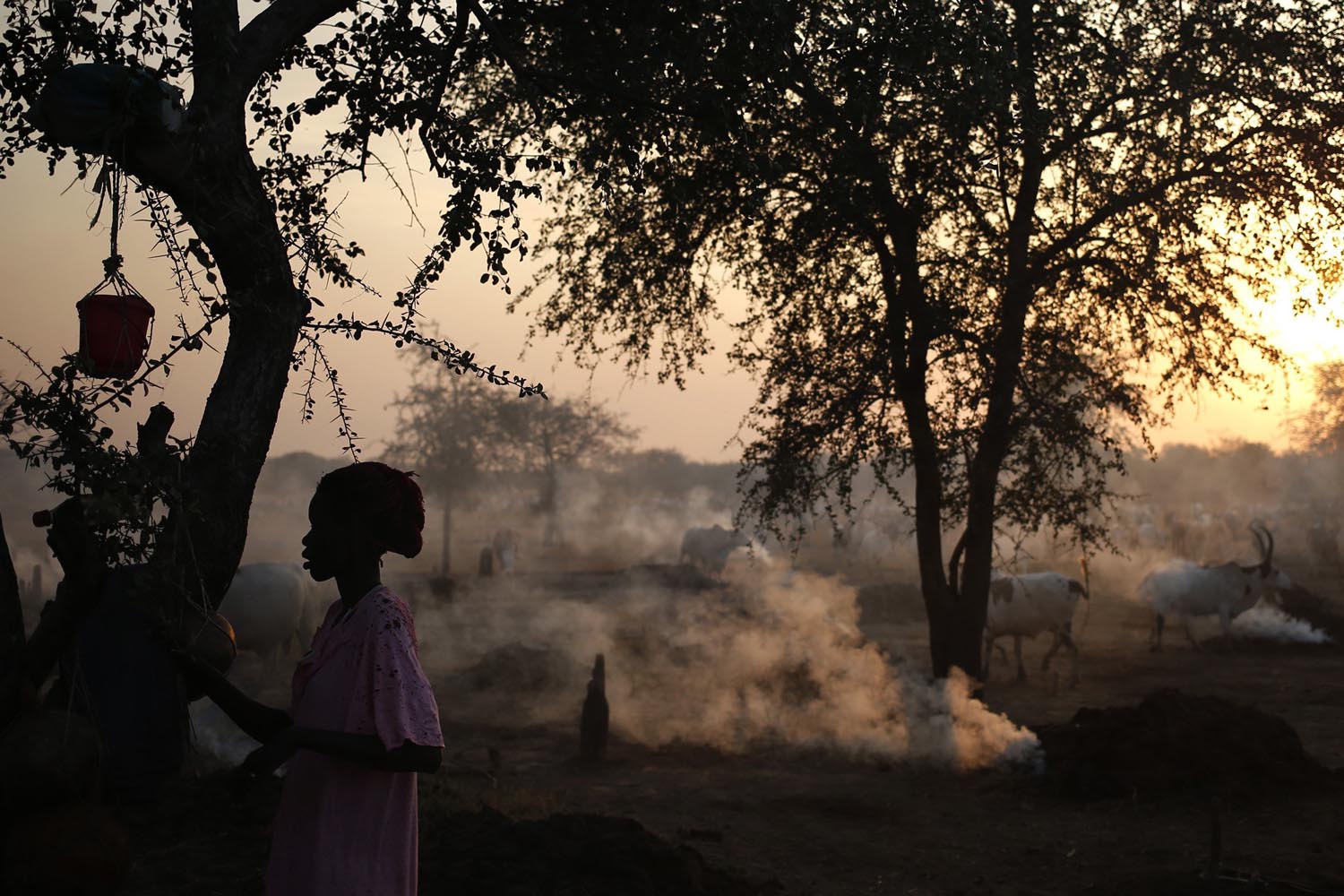
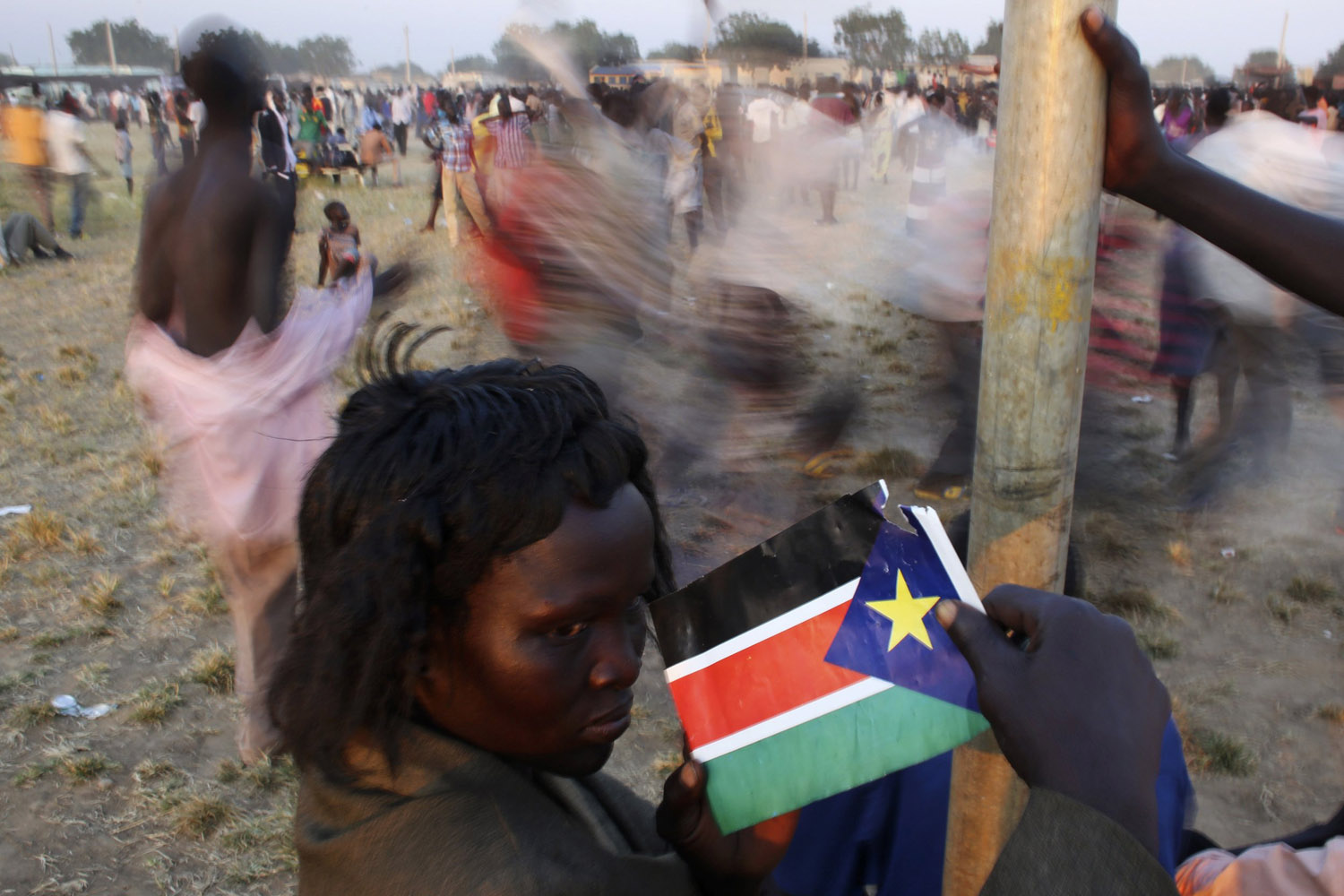
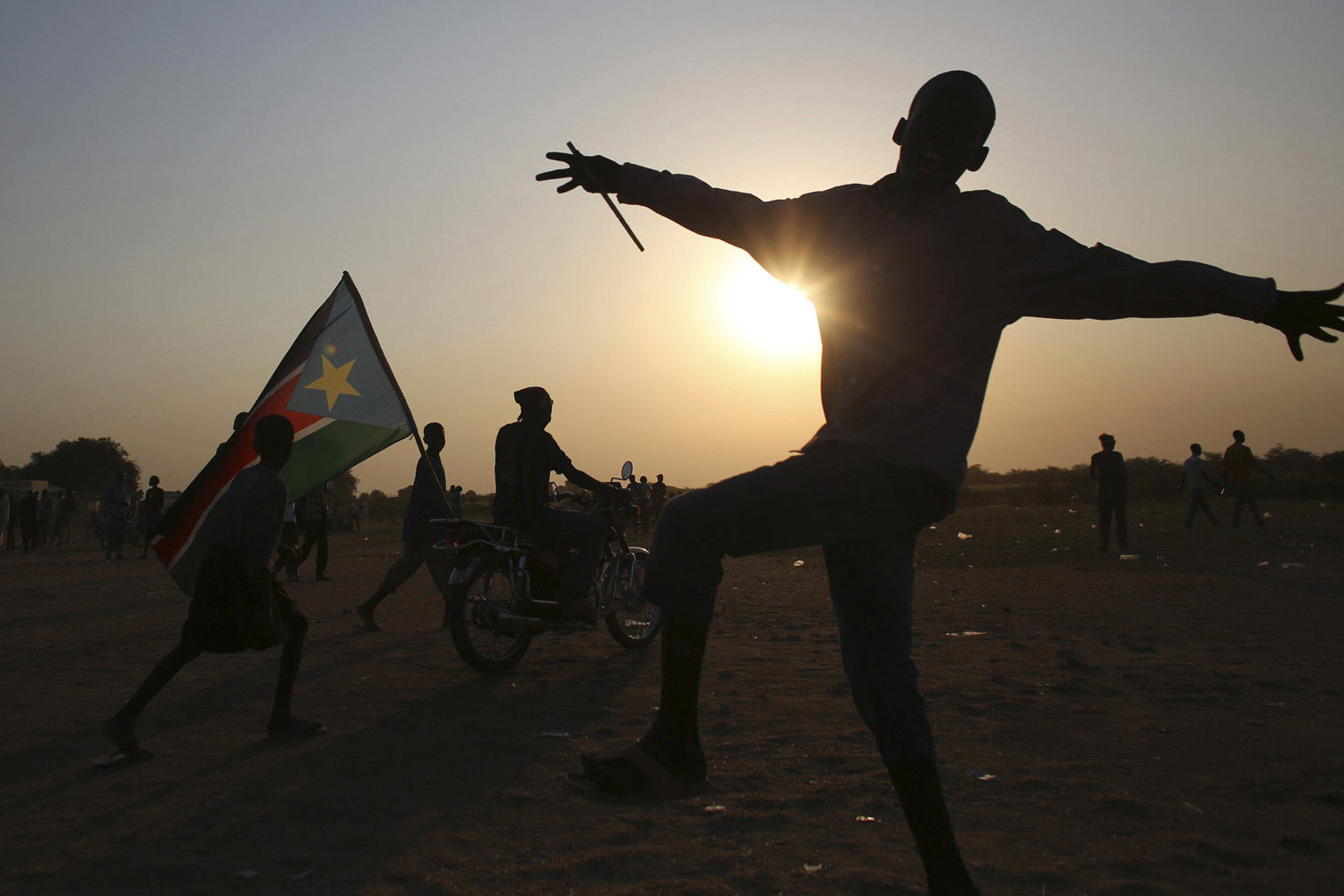
More Must-Reads from TIME
- Cybersecurity Experts Are Sounding the Alarm on DOGE
- Meet the 2025 Women of the Year
- The Harsh Truth About Disability Inclusion
- Why Do More Young Adults Have Cancer?
- Colman Domingo Leads With Radical Love
- How to Get Better at Doing Things Alone
- Michelle Zauner Stares Down the Darkness
Contact us at letters@time.com